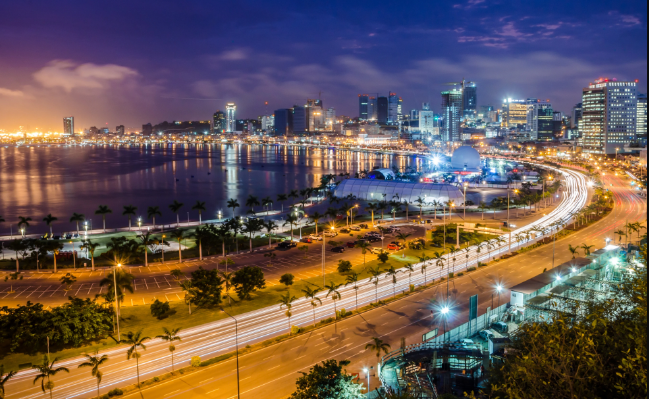Big City, Big Dream. What do we give for a Silicon Luanda in Angola?

Startups have the ability to innovate and disrupt important economic sectors, but they frequently face access issues. Africa’s largest cities and Silicon Valley in San Francisco differ in their struggles with low financial inclusion and antiquated technologies.
Several African states have the conditions necessary for the emergence of Silicon Valleys in different African cities. Industry insiders believe this is possible, and a partnership between the public and private sectors can make this happen. Personally, I am optimistic that their combined services will put particular states in the center of what will emerge as a new hub for innovative concepts to influence how people communicate, conduct business, and live.
The West shouldn’t be the only region that uses technology to enable bold ideas. Africa has actually established itself as a significant investment centre due to its sizeable population and low digital inflow. If need truly is the mother of invention, it should come as no surprise that Africa has already given rise to a wide range of fascinating technological advancements to address the various issues the continent faces.
It may not be too idealistic to believe that the next generation of world-changing products and services will come from any location worldwide, wherever bold thinkers congregate and collaborate. As technological innovation quickens, thanks to the wider availability of the tools needed to experiment with new ideas, it may not be too idealistic to believe that. Creating such a site is necessary for Angola to create a Luanda success story. Silicon Luanda can be instrumental to tech and startup development in Angola.
Luanda’s Ecosystem
In 2021, the Angola Startup Ecosystem entered the top 115 globally for the first time, demonstrating growth from prior years. Additionally, Angola is ranked second in Central Africa and number 31 in the Middle East and Africa.

The only city in Angola to make the top 1,000 is Luanda, which is placed 952 internationally, followed by Ragusa in Italy and Sandakan in Malaysia. Angola is a great location for businesses in the software and data, transportation, and marketing and sales industries, according to startupblink. The StartupBlink Map for Angola shows a sample of 10 software and data companies, 5 transportation startups, and 5 marketing & sales businesses, which are the most popular industries in the nation.
Luanda still lags far behind other African powerhouses such as Cape Town. But the city’s problem is not lack of innovative ideas. According to the Ease of Doing Business 2020 report, two of the biggest challenges faced by Angolan entrepreneurs are related to the processes of starting a business and the limited options for accessing credit.
Creating Silicon Luanda
Angola is more likely to benefit from a policy approach to expanding industries or sectors than it is from one that focuses on particular problems. Such a strategy prioritizes entrepreneurs who can innovate, accelerate structural transformation, and lead new and emerging sectors as the economy undergoes structural upheaval.
This strategy gives local business owners greater chances to scale up by emphasizing an increase in both the value and quantity of startups in Luanda. In order to accomplish Silicon Luanda, the city must develop standards, frameworks, and procedures that take environmental realities into account.
The government must provide finance mechanisms that can assist innovators in exploring opportunities and make sure that business objectives result in growth and innovation as a crucial addition to Luanda’s developing market.
Beyond guaranteeing robust, ubiquitous internet connectivity, access to technology that supports business growth must be available. The government must create solutions that allow for innovative ideas, assist buildup, open access to capital, and promote growth in order to address the difficulties of doing business in Luanda.
At their inception, startups would scarcely demand valuations in the millions of dollars or draw significant funding rounds. To develop a significant company potential with small rounds, founders would need to be patient and have a long-term value perspective. However, they may well make up the small stones that starts an avalanche in the mountains.
